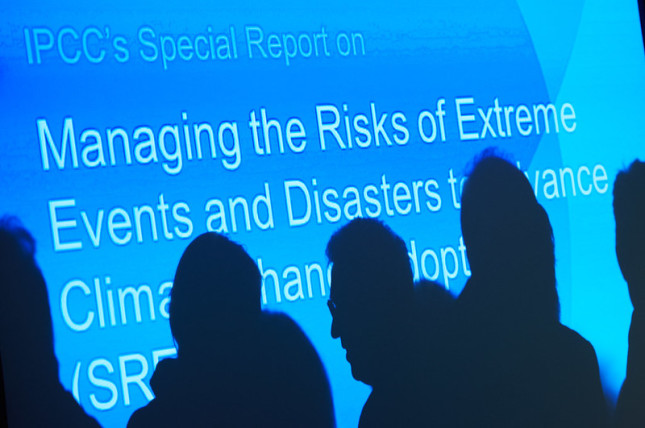-
Common Climate Impact Assessments Underestimate Future Vulnerability

Climate-related disasters are a major source of human and material losses. Poverty and low level of economic development are important determinants of environmental vulnerability. Achieving stable and sustainable development thus represents an important strategy to reduce adverse impacts of climate change. However, present efforts to evaluate possible consequences of climate change in the future suffer from too optimistic assumptions about economic growth in poor countries, as we document in a new article just published in the journal Global Environmental Politics.
Minimizing loss and damage from climate change is a major societal challenge for developing and developed countries alike. In order to understand how climate change may affect vulnerable societies in the future, the climate change research community has developed five complementary scenarios of future development, the so-called Shared Socioeconomic Pathways (SSPs).
The five SSPs are not competing for accuracy but rather designed to constitute stylistic representations of alternative development pathways, intended to jointly capture the plausible ‘probability space’ of future changes in countries’ socioeconomic and demographic characteristics (Table 1).

Read more on the website of the Peace Research Institute – Oslo.
Photo Credit: Copyright: © Belspo / Nevens. Courtesy of the UN DRR, by David Plas.
 A Publication of the Stimson Center.
A Publication of the Stimson Center.




